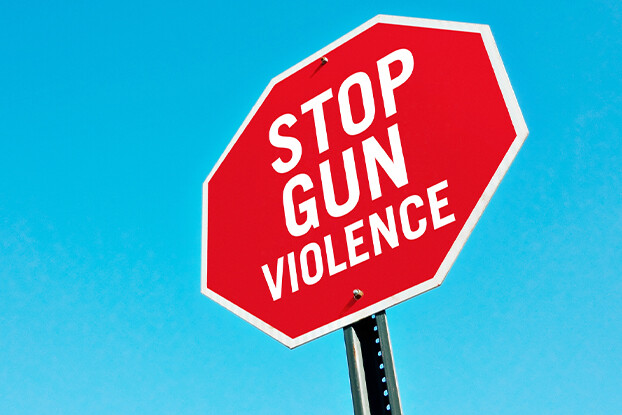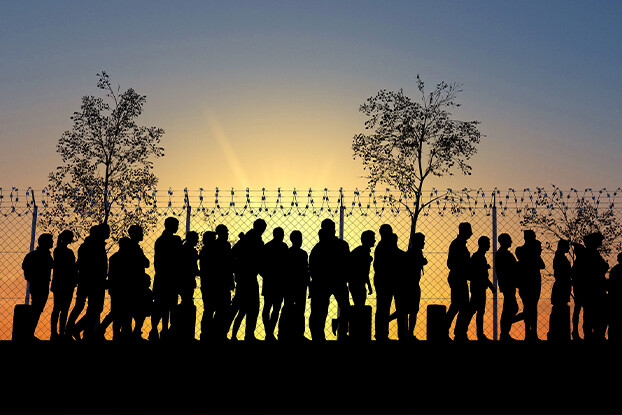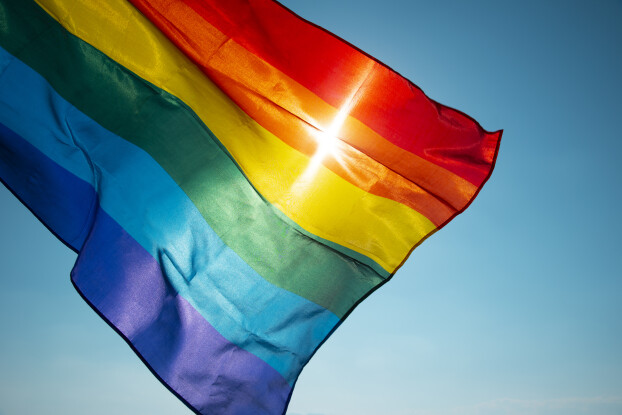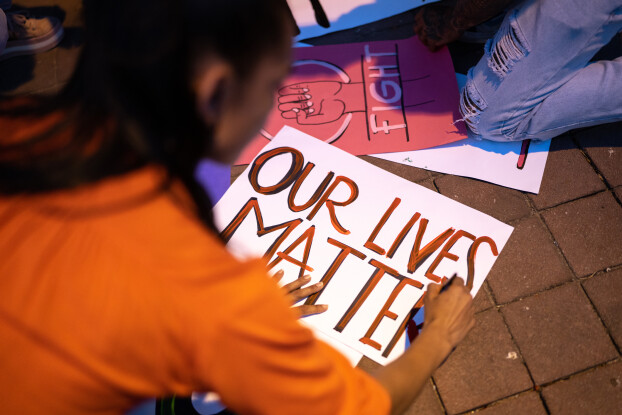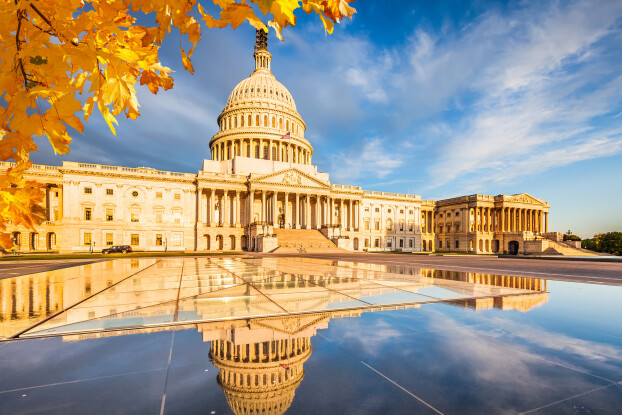Advocacy & Action
We seek to inspire and equip local faith communities to develop disciples of Jesus Christ for the transformation of the world through partnering with communities, and advocating to transform systems that disenfranchise, marginalize and oppress. Through our legislative actions, we create a BWC presence on urgent policy matters at local, state, and national levels.
The revised Social Principles are now pending review by the General Conference. It is available for all to read in eight languages.



